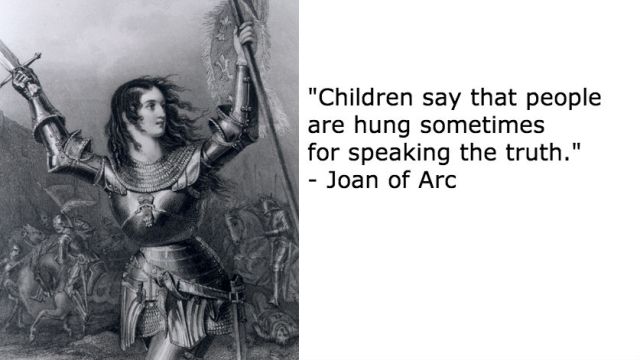Hey Everyone, Rob This House: The Cybersecurity Knowledge Gap

Would you use the password “password” for your home security system? Would you ever select the numbers “123456” for the combination of your bike lock? You might as well put up a sign that reads “Rob This House” or “Steal This Bike.”
And yet, “password” and “123456” are, respectively, the first and second most popular passwords used to protect our computers. Of course, we all have many accounts and many passwords to remember. Bad guys know this. In fact, they know a lot more about cybersecurity than just about all of us.
As P.W. Singer and Allan Friedman point out in their new book, Cybersecurity and Cyberwar: What Everyone Needs to Know, the hackers are winning the “cyber world war,” and this affects our entire way of life in the 21st century – from how we communicate with one another to how we fight wars. A generation ago, Singer and Friedman point out, this was the stuff of the Jetsons – a futuristic fantasy. Today, machines are not just omnipresent, but connected. By the end of 2012, an estimated 8.7 billion devices were connected to the Internet, a potential gold mine for criminals that is estimated to grow to 40 billion by 2020.
How vulnerable is this gold mine? Singer and Friedman point out some sobering statistics. This one should catch your attention: “97 percent of Fortune 500 companies have been hacked (and 3 percent likely have been too and just don’t know it).”
On the one hand, the cyber world war that is in progress represents an obvious national security challenge. “Weaponized computer programs” could disrupt entire industries and disable military networks.
Singer and Friedman also point out that privacy concerns threaten to undermine the fundamental ideas of the Internet – that of openness, collaboration, innovation, limited governance and the free exchange of ideas. With fears of NSA monitoring already eroding confidence in the security of our personal information, Singer and Friedman describe our age as a time of “cyber anxiety.” If nations, businesses and individuals all retreat in fear behind a “Great Firewall,” such as the one China is developing, advances in economic development and human rights that we have seen from global connectivity could be seriously diminished.
Part of the problem, as Singer and Friedman diagnose it, is that we have a “Cybersecurity Knowledge Gap.” While today’s youth are “digital natives” who grew up with computers, the world is still mostly led by “digital immigrants,” especially at the most senior levels of management. These people did not even become familiar with computers until late in their careers. But this is not just an age issue. There is also another gap, as we tend to leave cybersecurity issues to the IT help desk. It is well known that the technically inclined speak a different language from the rest of us. The result? “Past myth and future hype often weave together,” Singer and Friedman write. “Some threats are overblown and overreacted to, while others are ignored.”
So how do we close the “Cybersecurity Knowledge Gap”?
P.W. Singer, a Senior Fellow and Director of the 21st Century Defense Initiative at the Brookings Institution, will be in Big Think’s studio this week to answer your questions. Please submit your questions in the comments below for our consideration.
Image courtesy of Shutterstock





